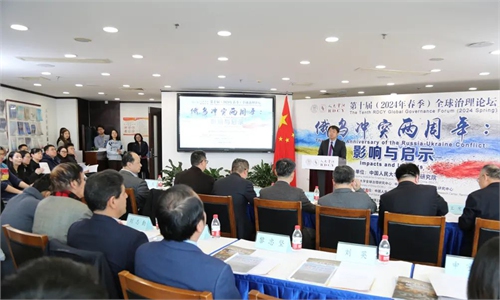‘Rethink strategy to entice skilled talents to come back’
PETALING JAYA: The country should set up a comprehensive registry of Malaysians working abroad, say human resources experts.
They said this can be done by using big data so that the government can formulate strategies for better “brain circulation” to lure our skilled workers into either returning home or contributing to the economy.
National Association of Human Resources Malaysia (Pusma) president Zarina Ismail said Talent Corporation Malaysia Bhd (TalentCorp), an agency under the Human Resources Ministry, should maintain a database of Malaysian professionals abroad.
“They can collaborate with embassies or high commissions for the most updated information and figures, so that we keep track of how many Malaysians are out there and what their expertise is.
“This should include Malaysians who went abroad for career prospects and who may have not been kept track of before this.“TalentCorp and the ministry should do more to help Malaysia turn the brain drain into brain circulation, which is doable,” she said in an interview yesterday.
The term “brain circulation” was bandied about in a statement by the Statistics Department last week.
According to the department, the nation must reframe the “brain drain narrative” and transform it into “brain circulation” in which the Malaysian diaspora will “eventually return to Malaysia after a predetermined period, thereby contributing the valuable expertise and experiences they acquired (overseas) back to the country”.For the short term, Zarina said Malaysian employers should use expatriates in the country to train locals to be on par with field experts.
“Make them train our local workforce and utilise their expertise since we have them here now so that the trained ones can become experts later and train future talent.
“We should also limit service terms for expatriates so that trained successors get an opportunity to perform and have hands-on experience for the job.”
Acknowledging that talent cannot be stopped from looking for better pay and opportunities abroad, Zarina said Malaysia should focus on strengthening its workforce with better career prospects and benefits.
“We have many people who are willing to work, such as women who want to take up welding jobs. We should identify those who want to work and train them.”
The emphasis should be on how to harness these workers’ capacity and skills in a productive way, she added.
National Council of Professors fellow Dr Syed Alwee Alsagoff said Malaysia has a hidden asset in the form of a “brain bank” consisting of a network of academic professionals abroad to plug the talent gap.
“This ‘brain bank’ represents knowledge, experience and global connections.
“By engaging this bank effectively, Malaysia can unlock a powerful tool for development and innovation,” he said.Syed Alwee said diaspora academicians can help Malaysia revolutionise its education by having world researchers injecting international experience into local universities.
Other ways, he added, include modernising research collaboration and innovation in a knowledge-based economy and creating a wellspring of fresh ideas, tackling issues from climate change to healthcare.
“These ‘academic ambassadors’ could bridge the gap between Malaysia and the world.”The diaspora, he said, can become a bridge to the world, boosting Malaysia’s global standing.
He added that engaging the diaspora is not just about tapping into existing talent but about strengthening connections.“Imagine ongoing collaboration, continued contributions and even potential future repatriation.
“By fostering these relationships, Malaysia can ensure a continuous flow of knowledge and talent, turning the ‘brain drain’ into a ‘brain gain’,” he said.
Syed Alwee said the key is engagement and connecting diaspora academicians with local professionals.
“We should transform isolated experts into a powerful collaborative force. Knowledge transfer programmes can link international academics with local professionals, sparking innovation and capacity-building.
“This ‘brain circulation’ fuels the ecosystem further.
“Short-term collaboration, seminars and guest lectureships act as bridges, injecting fresh ideas and perspectives into the local academic scene, keeping it dynamic and responsive.
“Malaysia’s brain drain might hold the key to unlocking its brain bank,” he added.
By engaging its vast academic diaspora, Syed Alwee said the nation can transform challenges into opportunities, thus moving towards a brighter future.
Poor ringgit performance due to a lack of competitiveness in Malaysia, a 28-year-old problem as a result of 1MDB financial scandal and the subsequent corruptions.
Related stories:
‘Rethink strategy to entice skilled talents to come back’













